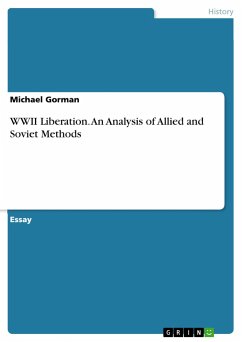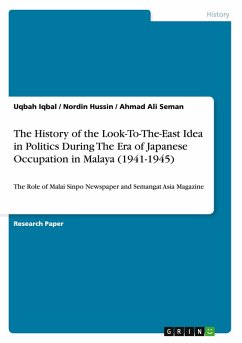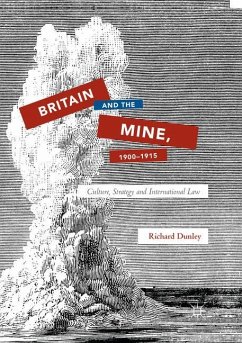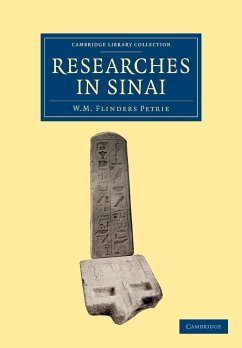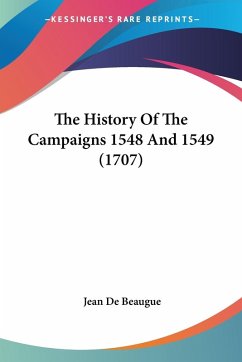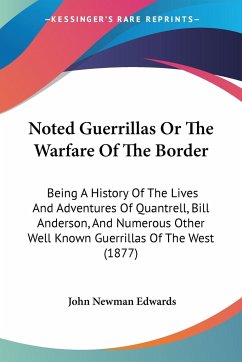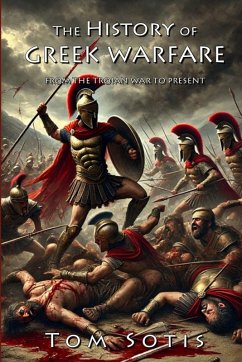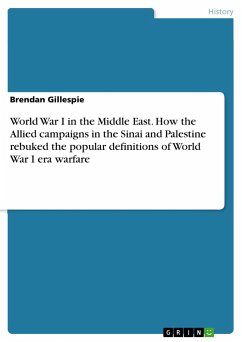
World War I in the Middle East. How the Allied campaigns in the Sinai and Palestine rebuked the popular definitions of World War I era warfare
Versandkostenfrei!
Versandfertig in 1-2 Wochen
17,95 €
inkl. MwSt.

PAYBACK Punkte
0 °P sammeln!
Document from the year 2016 in the subject History Europe - Other Countries - Ages of World Wars, grade: A, The Ohio State University, language: English, abstract: World War I is most often explained in the context of how it was the terminal turning point in how warfare was waged, namely that World War I was when the weapons of industrial powers outpaced the type of head-on collision of massive numbers of men that had been the preemptive military strategy for millennia. This paper does not attempt to dispute this argument, instead it argues that while World War I was undoubtedly "a war that ch...
Document from the year 2016 in the subject History Europe - Other Countries - Ages of World Wars, grade: A, The Ohio State University, language: English, abstract: World War I is most often explained in the context of how it was the terminal turning point in how warfare was waged, namely that World War I was when the weapons of industrial powers outpaced the type of head-on collision of massive numbers of men that had been the preemptive military strategy for millennia. This paper does not attempt to dispute this argument, instead it argues that while World War I was undoubtedly "a war that changed war", there was a campaign waged between major powers in World War I that can be deemed "traditional" in the sense that men and their actions decided the fate and outcome, versus the manufactured warfare fought elsewhere, especially the western front in Europe. This campaign was the war waged in the Middle East between the British and the Ottoman Turks over the contested territory of Palestine, which may well have been one of the last "traditional" campaigns fought on this Earth. By using primary sources from World War I and more contemporary material, this paper will compare how drastically different the Palestine campaign was compared to how people view World War I in popular memory. World War I often gets "squeezed" into an easy definition that can explain a truly "world" war. It is important for historians, students of history, and everyday world citizens however to understand that historical events, especially involving war, are often vastly more complicated and diverse than they are made out to be.




